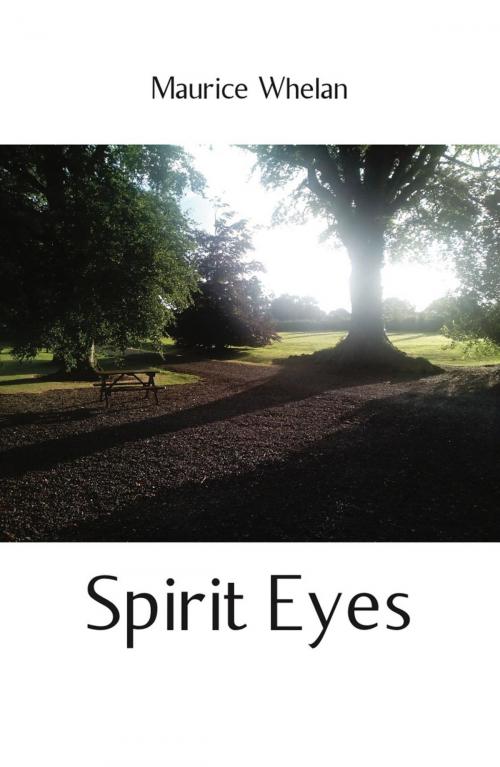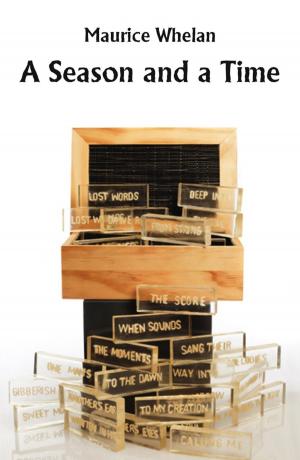| Author: | Maurice Whelan | ISBN: | 9781760412890 |
| Publisher: | Ginninderra Press | Publication: | February 7, 2017 |
| Imprint: | Ginninderra Press | Language: | English |
| Author: | Maurice Whelan |
| ISBN: | 9781760412890 |
| Publisher: | Ginninderra Press |
| Publication: | February 7, 2017 |
| Imprint: | Ginninderra Press |
| Language: | English |
In ‘Mount Cargill’, a poem in Maurice Whelan’s book Excalibur’s Return, he described running up Mount Cargill in New Zealand with Richard O’Neill-Dean, to whom that volume was dedicated. Richard responded to Maurice’s latest collection, Spirit Eyes, with a poem of his own, after discussing how Maurice sets about crafting a poem and the importance he attaches to a central thought or idea upon which the poem is constructed.
Shipwright
for Maurice Whelan, poet
He might look out the odd plank,
let it season slowly,
covered from the rain,
so that frames, ribs, stringers,
in the imagination, slowly form,
the particular twist or warp or grain
of a thought
favouring the idea of a hull,
sensitive to wind and wave,
to keep out storms,
to manage strains.
But, beyond all, the keelson,
massive, strong,
it must permit of no bend,
take long keel-bolts,
going down through heartwood,
to fasten the lead weight
of a real thought,
many tons,
to keep a good poem upright,
and carrying on,
tied in tight, to bind
all between the sweet lines
of its stem and stern,
to make a fine entry,
to set its wake
upon the oceans
of the mind
In ‘Mount Cargill’, a poem in Maurice Whelan’s book Excalibur’s Return, he described running up Mount Cargill in New Zealand with Richard O’Neill-Dean, to whom that volume was dedicated. Richard responded to Maurice’s latest collection, Spirit Eyes, with a poem of his own, after discussing how Maurice sets about crafting a poem and the importance he attaches to a central thought or idea upon which the poem is constructed.
Shipwright
for Maurice Whelan, poet
He might look out the odd plank,
let it season slowly,
covered from the rain,
so that frames, ribs, stringers,
in the imagination, slowly form,
the particular twist or warp or grain
of a thought
favouring the idea of a hull,
sensitive to wind and wave,
to keep out storms,
to manage strains.
But, beyond all, the keelson,
massive, strong,
it must permit of no bend,
take long keel-bolts,
going down through heartwood,
to fasten the lead weight
of a real thought,
many tons,
to keep a good poem upright,
and carrying on,
tied in tight, to bind
all between the sweet lines
of its stem and stern,
to make a fine entry,
to set its wake
upon the oceans
of the mind















